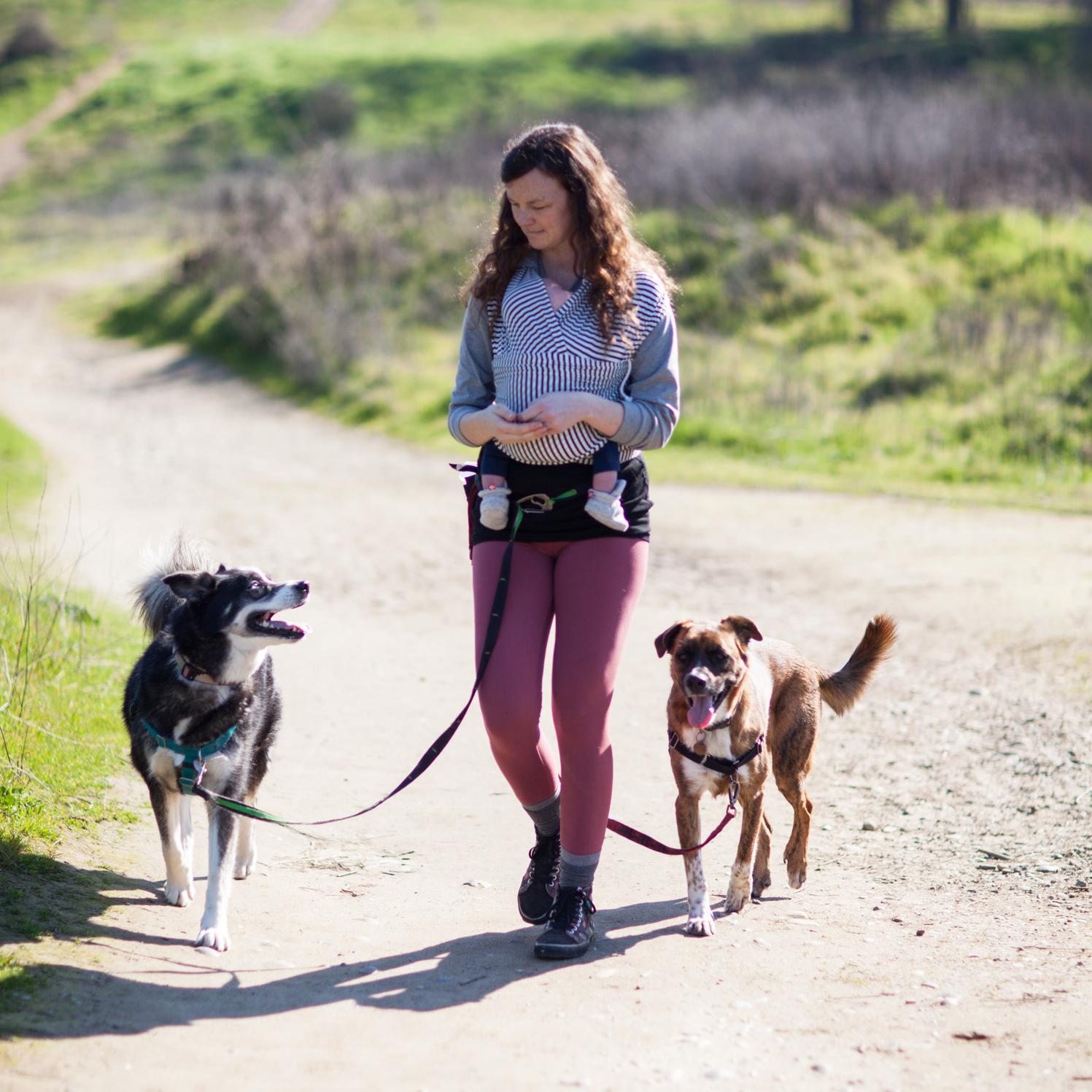Dogs guarding things from other dogs is super common. If this is just an issue with less-well-known dogs that may be visiting or sharing spaces temporarily, I recommend sticking with bomb-proof management.
However, if you're dealing with guarding issues with dogs that live in the same household, in addition to management, practicing counterconditioning can be helpful. For this to work well, make sure you are still using any management necessary to keep everyone safe. There should be one adult in charge of handling each dog, too. Set up the dog with the history of guarding with her food bowl (or whatever item she guards) somewhere safe. Then, have the other dog appear with as much distance as is possible. As soon as the second dog is visible, the handler of the first dog should toss a few high value treats to that dog. After this, the second dog disappears again. You should be seeing relaxed body language from both dogs over the course of several sessions before beginning to decrease distance in very small increments.
Teaching targeting is also incredibly helpful in this situation as it allows you to quickly call one dog away from the other. Heavily reinforcing each dog for moving away from the other when they have something interesting will help prevent tensions from arising.
Note: If you have any concerns that this behavior could result in injury to yourself, your dogs, or other members of your household, it's important to reach out to myself or another force-free trainer in your area that can help you create a plan specific to your dogs' situation. This is especially important if there are children in the home.
Choose how you'd like to view this guide's video.


